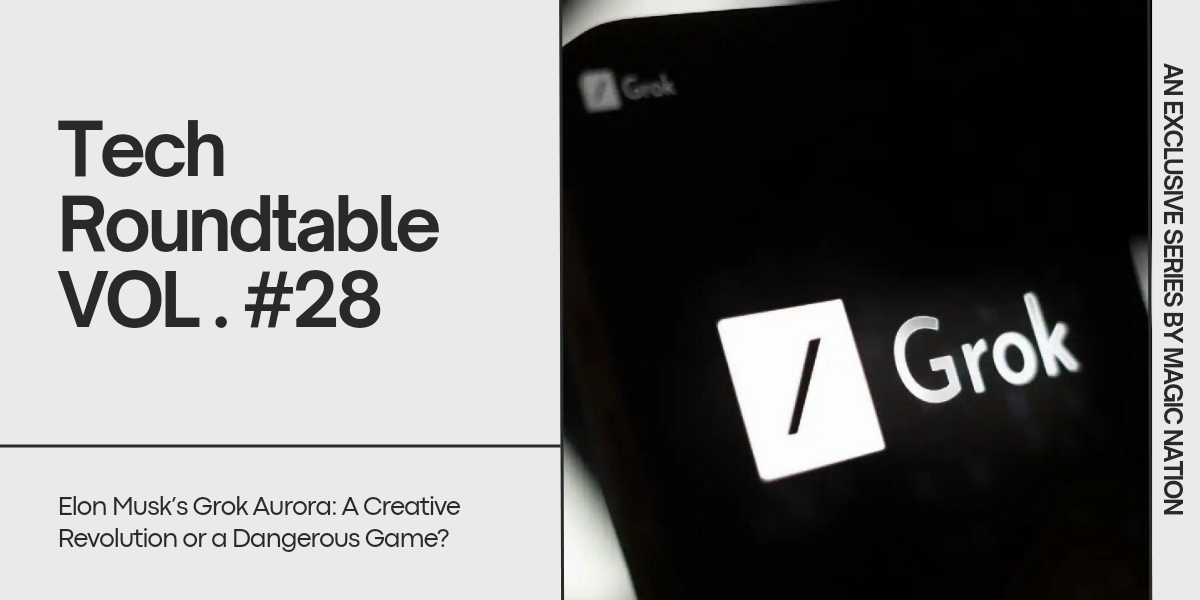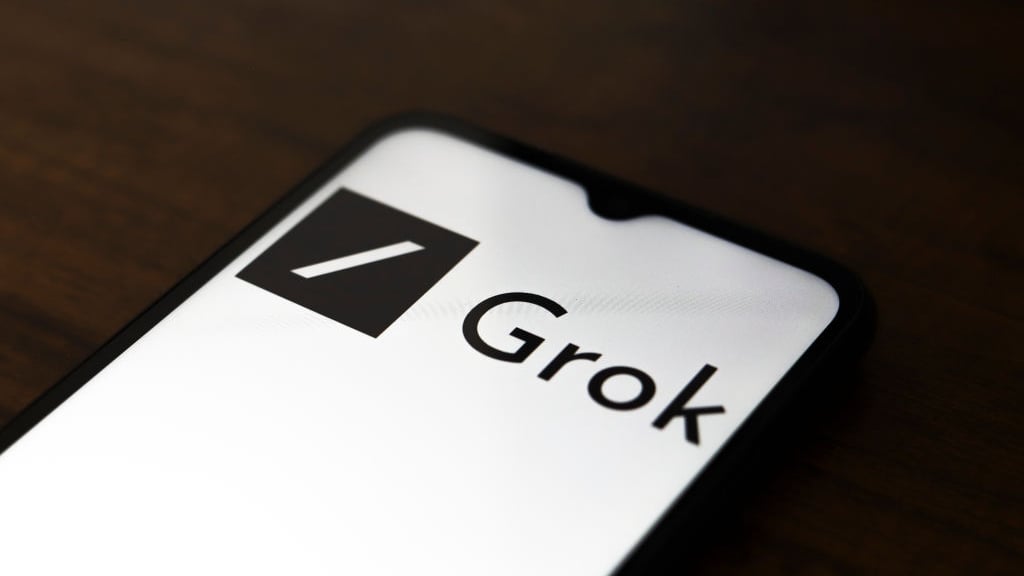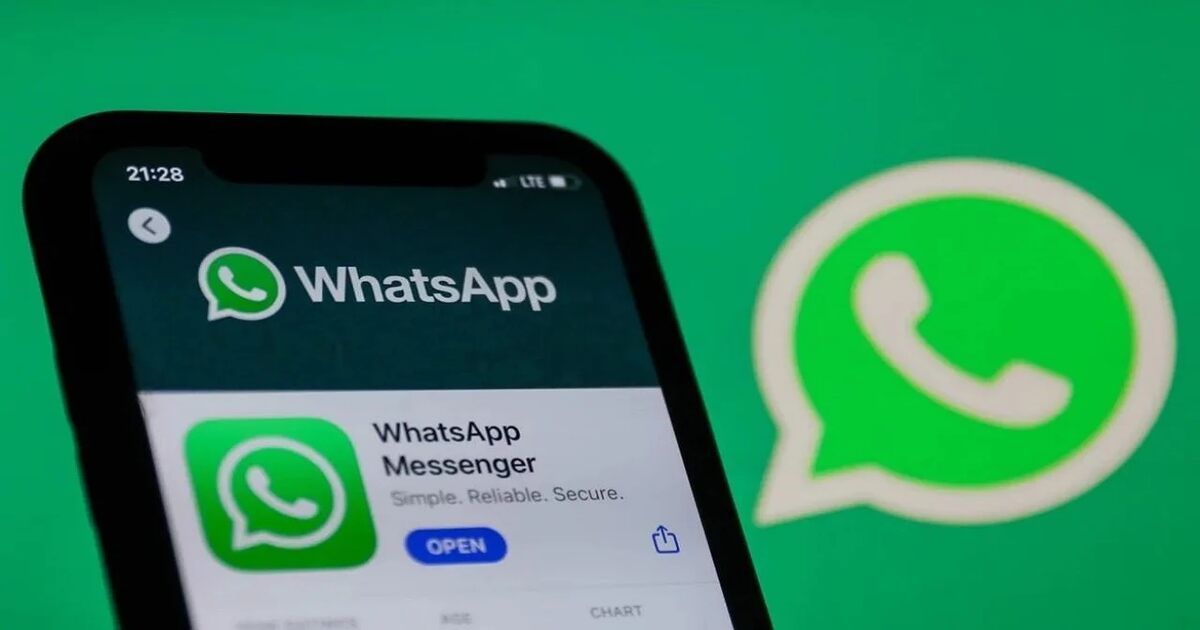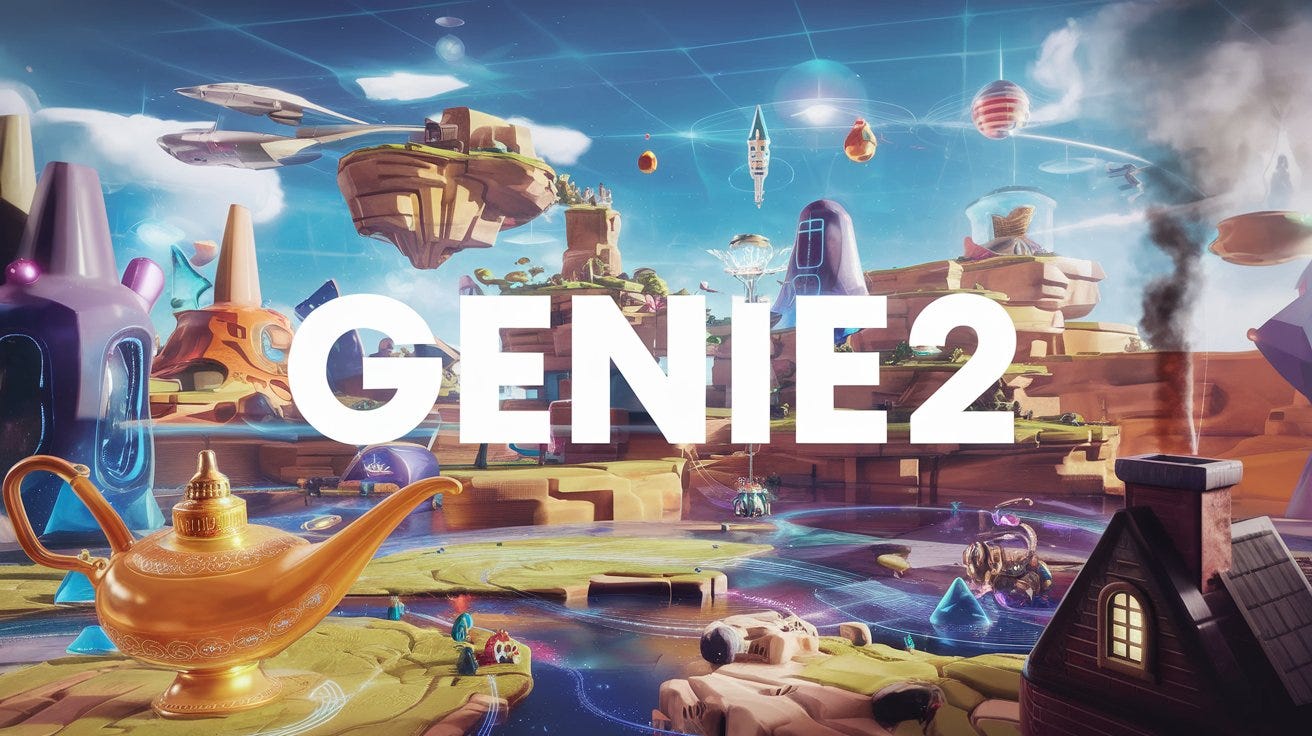
Imagine a world where computers can solve complex problems in mere seconds, tasks that would take our current machines thousands of years. Quantum Computing doesn't just promise to transform our technical world, it has the potential to touch every aspect of our lives, impacting everything from healthcare to environmental science. Quantum computing could revolutionize not only how we use computers but also how we understand and interact with the world around us.
When you type words and numbers into regular computers, they get turned into binary code made up of bits, which can be either 0 or 1. However, a qubit uses quantum mechanics to exist in both states at the same time. For example, a qubit might have a 25% chance of being 0 and a 75% chance of being 1. This allows a single qubit to store much more information than a regular bit. Because of this, quantum computers can handle information in ways that regular computers can't. They can solve problems that traditional computers just aren't able toQuantum Computing vs Classical Computing
Google has made a big step forward in quantum computing. They created a chip that can solve a really tough problem in less than five minutes. To give you an idea of how amazing this is, it would take a supercomputer about 10 septillion (10[sup]25[/sup]) years to solve the same problem! Pretty incredible, right?Google's Willow
Made in Santa Barbara, California, has impressive capabilities. This chip includes various components, all designed to work together without any delay, which is crucial for smooth performance.
One of the biggest challenges in quantum computing is dealing with errors. Qubits, while in superposition, often interact with their environment, making it hard to complete calculations. “Usually, the more qubits you use, the more errors occur, and the system becomes like a regular computer.
However, with their new chip named Willow, Google successfully reduced errors while increasing the number of qubits. They tested different arrays of qubits, from a 3×3 grid to a 5×5 grid, and then a 7×7 grid. For the first time, Willow’s quantum error correction works in real-time, which is essential because errors can spoil the calculations if not corrected quickly.
Potential Applications
- Medicine
Personalized Medicine: By processing large amounts of genetic data, quantum computers can help create tailored medical treatments for individuals.
- Energy
Optimization: Quantum algorithms can make power grids more efficient, reducing energy waste.
- Artificial Intelligence (AI)
Optimization Problems: Quantum computers can solve complex problems faster, enhancing AI performance in areas like logistics.
- Cryptography
Quantum Key Distribution (QKD): Uses quantum mechanics to securely distribute encryption keys.
- Financial Services
Fraud Detection: By processing transaction data quickly, quantum computing can improve fraud detection.
- Environmental Science
Resource Management: Quantum computing can optimize the use of natural resources, leading to more sustainable practices.
Google's Quantum AI founder Hartmut Neven wrote in his blog post that this chip was so mind-boggling fast that it must have borrowed computational power from other universes.Multiple Universe ?
The chip's performance indicates that parallel universes exist and "we live in a multiverse."
Here's the passage:
"Willow’s performance on this benchmark is astonishing: It performed a computation in under five minutes that would take one of today’s fastest supercomputers 1025 or 10 septillion years. If you want to write it out, it’s 10,000,000,000,000,000,000,000,000 years. This mind-boggling number exceeds known timescales in physics and vastly exceeds the age of the universe. It lends credence to the notion that quantum computation occurs in many parallel universes, in line with the idea that we live in a multiverse, a prediction first made by David Deutsch."
That's all for today! Let me know if you enjoyed the article. I'm planning to bring more content on quantum computing, where I'll explain complex topics in an easy-to-understand way. Give it a thumbs up and let's start a discussion in the comments. Farewell until next time!










